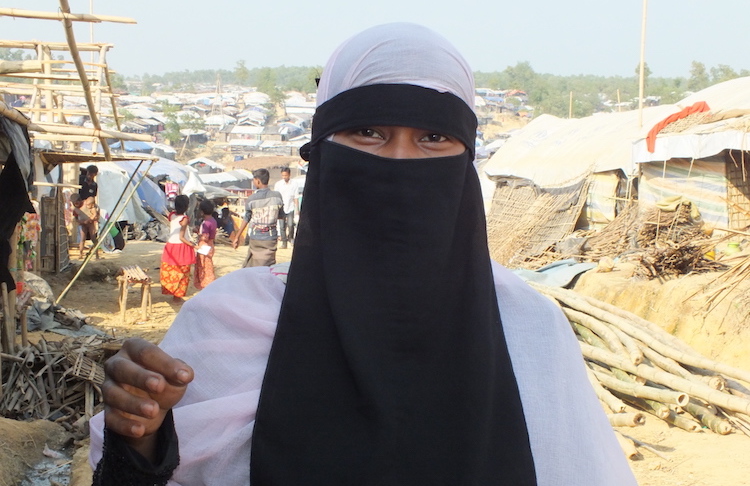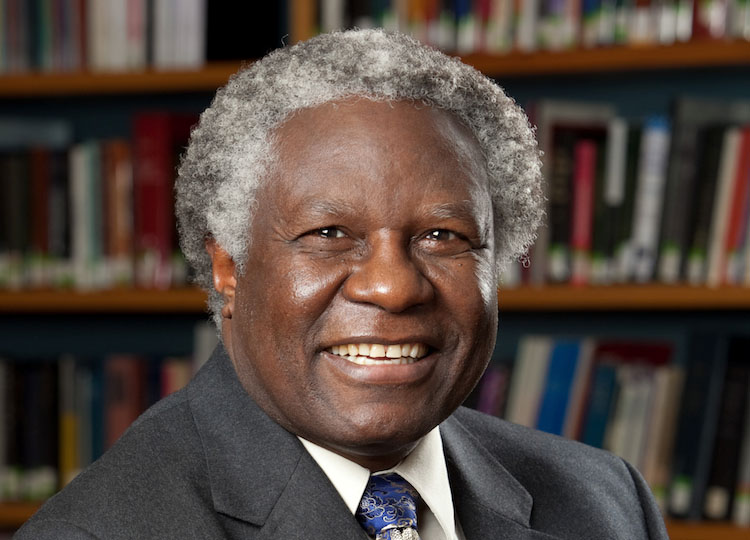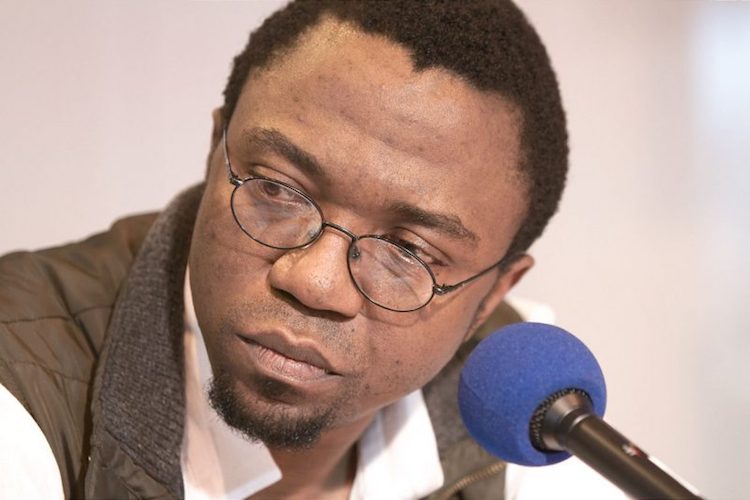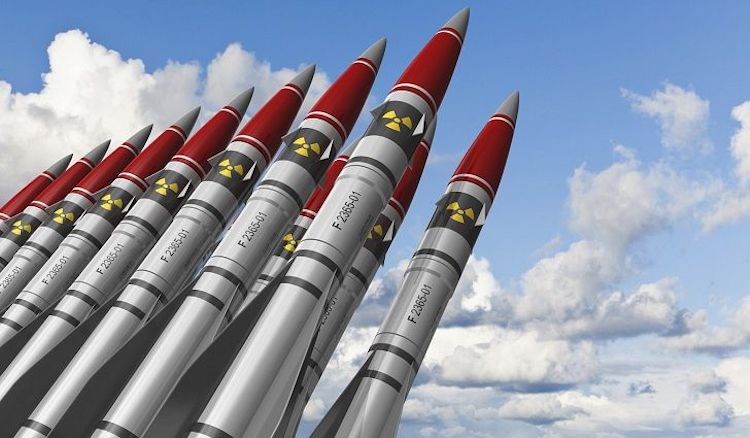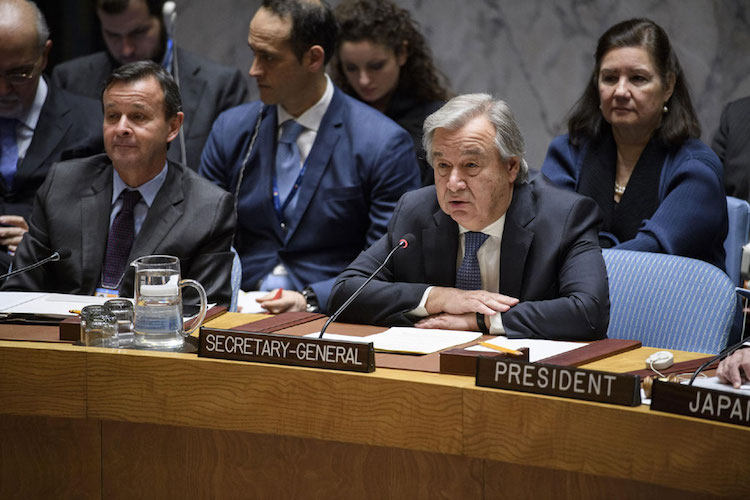By Reinhardt Jacobsen and Klara Smits AMSTERDAM | BRUSSELS (IDN) – Hundreds of Eritreans have been taking to the streets in various cities and refugee camps all over the world against the Eritrean regime to express solidarity with the unusual protests that took place in Asmara, the country’s capital, on October 31. The latest in […]
The Price of Forest Degradation and Biodiversity Loss for Livelihoods
By Fabíola Ortiz BONN (IDN) – Forest degradation and biodiversity loss carry a very heavy price for climate and people’s livelihoods. Restoring forests matters when it comes to growing resilience to climate variation and securing a healthy environment for future generations. This was the main message delivered by experts and community leaders who met in […]
Traumatised Rohingya Women Bear the Brunt of Persecution
By Naimul Haq COX’S BAZAR, Bangladesh (IDN) – Shefali Aktar, mother of three, fled her home in Thaphanbin, a tiny village overlooking the Arakan Mountains in Rakhine state in Myanmar. The 22-year-old pregnant woman escaped near death when her neighbour helped her and her children to hide in the nearby forest the night after the […]
Focus on Prevention As Conflicts Become More Intractable
By António Guterres, UN Secretary-General Following are extensive excerpts from UN Secretary-General António Guterres’ remarks at open debate of the Security Council on ‘Addressing complex contemporary challenges to international peace and security‘ on December 20, 2017 during Japan’s presidency of the Council for the month. – The Editor UNITED NATIONS (IDN-INPS) – I would like […]
U.S. Politics Increasingly Governed by Policy of Unilateralism
By Rodney Reynolds NEW YORK (IDN) – The politics of the Trump administration are being increasingly governed by the twin policies of unilateralism and isolationism. After Donald Trump was elected president in November 2016, he withdrew from a historic 2016 climate change agreement signed by 195 countries – and the only signatory to do so. […]
Controversial Kenyan Advocate of GM Seeds Dies in Boston
By Global Information Network NEW YORK (IDN) –The Kenyan director of the Science, Technology and Globalization Project at Harvard University, Professor Calestous Juma, passed away in Boston, Massachusetts, on December 15, at the age of 64. Juma served as Professor of the Practice of International Development, and was affiliated with the Belfer Center for Science […]
Writers Protest the Arrest of New York Professor in Cameroon
By Global Information Network NEW YORK (IDN) – The African Literature Association and other professional associations of writers and scholars are demanding the release of a Cameroonian-American writer and university professor, detained on December 6 without explanation at the airport in Douala, Cameroon. Patrice Nganang, who teaches at Stony Brook University’s cultural studies and comparative […]
African Fact Checkers Expose ‘Fake News’ And Win Prizes
By Global Information Network NEW YORK | JOHANNESBURG (IDN) – Striking a blow against fake news, reporters from Kenya, Benin, Cote d’Ivoire, Senegal, and Cameroon scooped the top prizes this year in a competition organized by Africa Check, the leading fact-check organization on the continent. Founded by the French news service AFP in partnership with […]
The Doomsday Machine by a Damascene Convert
Viewpoint by Jonathan Power* LUND, Sweden (IDN-INPS) – The nuclear weapon missile business is contradictory, full of missteps, highly dangerous and prepared in its madness (Mutually Assured Destruction, aka MAD, they used to call it in Cold War days) to plunge the world into a nuclear war that will reduce most of the world to […]
Security Council Highlights DPRK’s Humanitarian Needs, Agrees on Importance of Communication Channels
By J Nastranis UNITED NATIONS (IDN) – While expressing his profound concern over the risk of military confrontation on the Korean Peninsula, “including as a result of miscalculation,” United Nations Secretary-General António Guterres has stressed the need to disassociate the peace and security situation in the DPRK (North Korea) from the humanitarian needs in the […]



